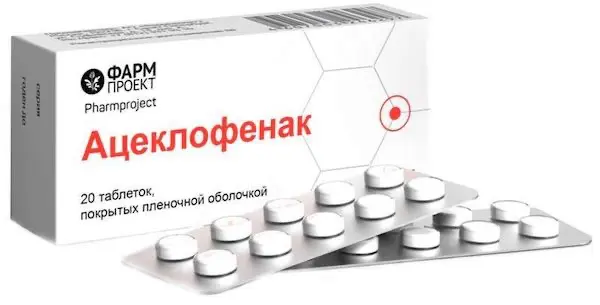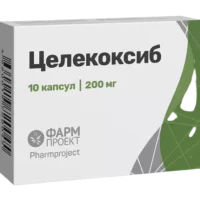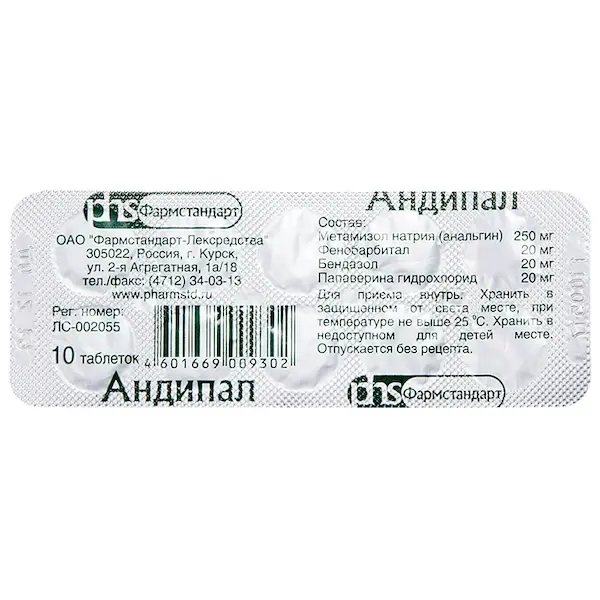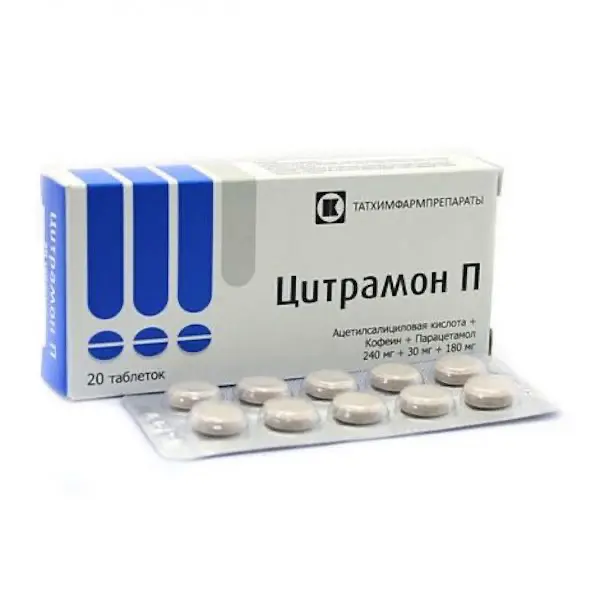Description
Aceclofenac Pharmacodynamics
Aceclofenac has anti-inflammatory, analgesic and antipyretic effects. It inhibits the synthesis of prostaglandins (Pg) and thus affects the pathogenesis of inflammation, pain and fever. In rheumatic diseases the anti-inflammatory and analgesic effect of aceclofenac contributes to a significant reduction in the severity of pain, morning stiffness, swollen joints, which improves the functional status of the patient.
Indications
Symptomatic therapy of osteoarthritis, rheumatoid arthritis and ankylosing spondylitis.
─ Control of inflammation and pain syndrome in lumbago, toothache, periarthritis brachialis, rheumatic soft tissue lesions.
─ Dysmenorrhea.
The drug is intended for symptomatic therapy, to reduce pain and inflammation at the time of use, has no effect on the progression of the disease.
Contraindications
– Hypersensitivity to aceclofenac or to any of the components of the drug;
– erosive-ulcerative lesions of the gastrointestinal tract (GIT) in the acute phase;
– inflammatory bowel disease (ulcerative colitis, Crohn’s disease);
– gastrointestinal bleeding or suspected bleeding;
– Complete or incomplete combination of bronchial asthma, recurrent polyposis of the nose and sinuses, and intolerance to acetylsalicylic acid or other NSAIDs (including history);
– severe hepatic impairment or active liver disease;
– hematopoiesis and coagulation disorders;
– severe renal insufficiency (creatinine clearance < 30 ml/min), progressive renal disease, confirmed hyperkalemia;
– severe heart failure (New York Heart Association class II-IV);
– coronary heart disease, peripheral arterial disease and/or cerebrovascular disease;
– period after coronary artery bypass grafting;
– pregnancy and breastfeeding;
– Age less than 18 years (efficacy and safety of the drug have not been established).
Caution
– bronchial asthma;
– chronic cardiovascular insufficiency (class I according to the classification of the New York Heart Association), arterial hypertension, decreased circulating blood volume (including immediately after major surgical interventions), taking diuretics, edema;
– dyslipidemia/hyperlipidemia;
– progressive liver disease, liver failure (mild to moderate severity), hepatic porphyria;
– chronic renal failure (creatinine clearance 30-60 ml/min);
– history of gastrointestinal ulcers;
– the presence of Helicobacter pylori infection;
– diabetes mellitus;
– smoking;
– advanced age;
– severe somatic diseases and systemic connective tissue diseases (systemic lupus erythematosus (SLE) and mixed connective tissue disease);
– prolonged use of NSAIDs;
– concomitant therapy with anticoagulants (e.g., warfarin), antiplatelet agents (e.g., acetylsalicylic acid), oral glucocorticosteroids (GCS) (e.g., prednisolone), selective serotonin reuptake inhibitors (e.g., citalopram, sertraline).
If you have one of the above diseases, you should consult your doctor before taking this medicine.
Use during pregnancy and breastfeeding
How to use and dosages.
- Inside. Tablets should be swallowed whole with plenty of water.
- Usually adults are prescribed 1 tablet 100 mg twice a day (1 tablet in the morning and 1 tablet in the evening).
- In order to minimize the risk of adverse effects, it is recommended to use acyclofenac in the lowest effective dose for the shortest possible period of time.





